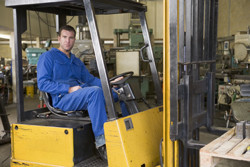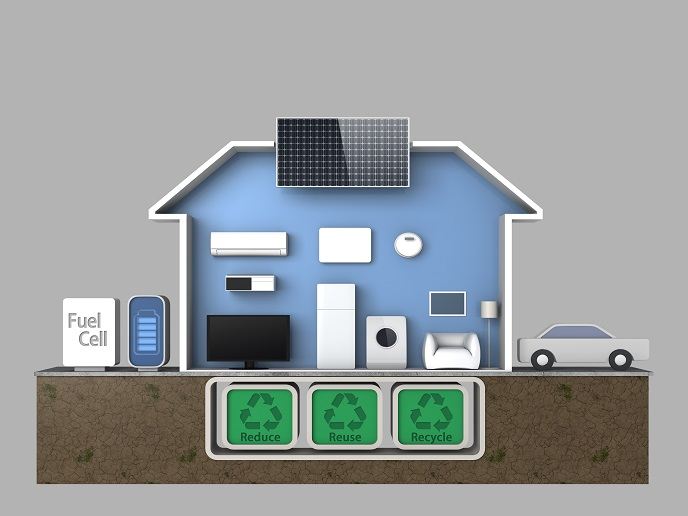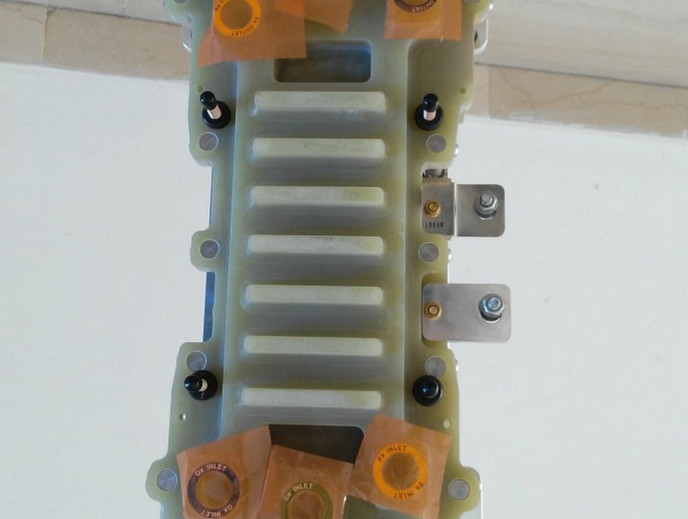Forklifts of the future
Europe has made palpable progress related to FC technology to power its vehicles. The technology could be used not only for passenger transport but in industrial vehicles, such as forklifts, that handle goods and materials. One initiative in this direction has been the EU-funded project 'Sustainable hydrogen evaluation in logistics' (SHEL)(opens in new window) , which worked on proving the viability of FC-powered materials-handling vehicles and related infrastructure. Aiming to demonstrate the market readiness of such vehicles in the demanding logistics sector and to support their commercialisation, the project worked on putting 10 FC forklift trucks into action. It introduced the trucks to four different locations in Europe, taking into consideration the necessary hydrogen refuelling infrastructure. To achieve its aims, the project worked on a development plan and an exploitation plan, considering the ideal sites and comparing current technologies with hydrogen FC-powered forklift trucks. It developed an operational cost model to determine economic viability of the vehicles and worked on certifying the sites. The work also involved an analysis of hybrid systems and development of a testing tool to evaluate vehicle performance during the demonstrations. Regarding the demonstrations, the preparatory work in terms of liabilities and insurance issues was held and a risk assessment analysis for each demo was also performed. However, due to unforeseen challenges that forced one of the key project partners to withdraw from the project consortium, the project ended prematurely without completing all its tasks. Nonetheless, the project consortium made significant progress in this area and disseminated its results to concerned stakeholders. This has paved the way for other enterprising initiatives to continue the valiant work achieved during this project, despite several obstacles, and bring Europe closer to commercialising these innovative forklifts.







